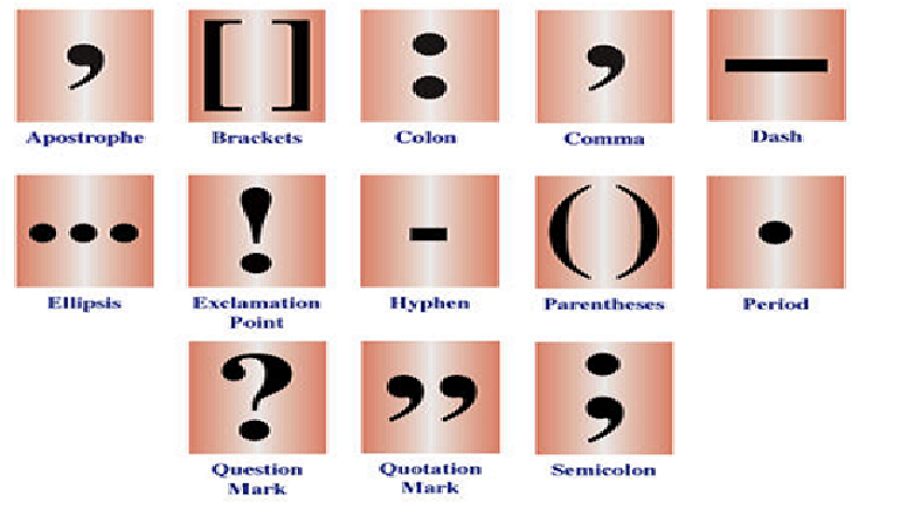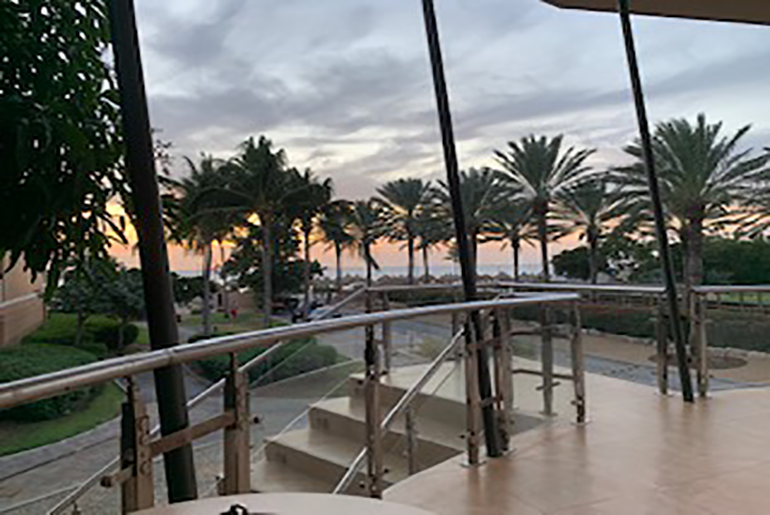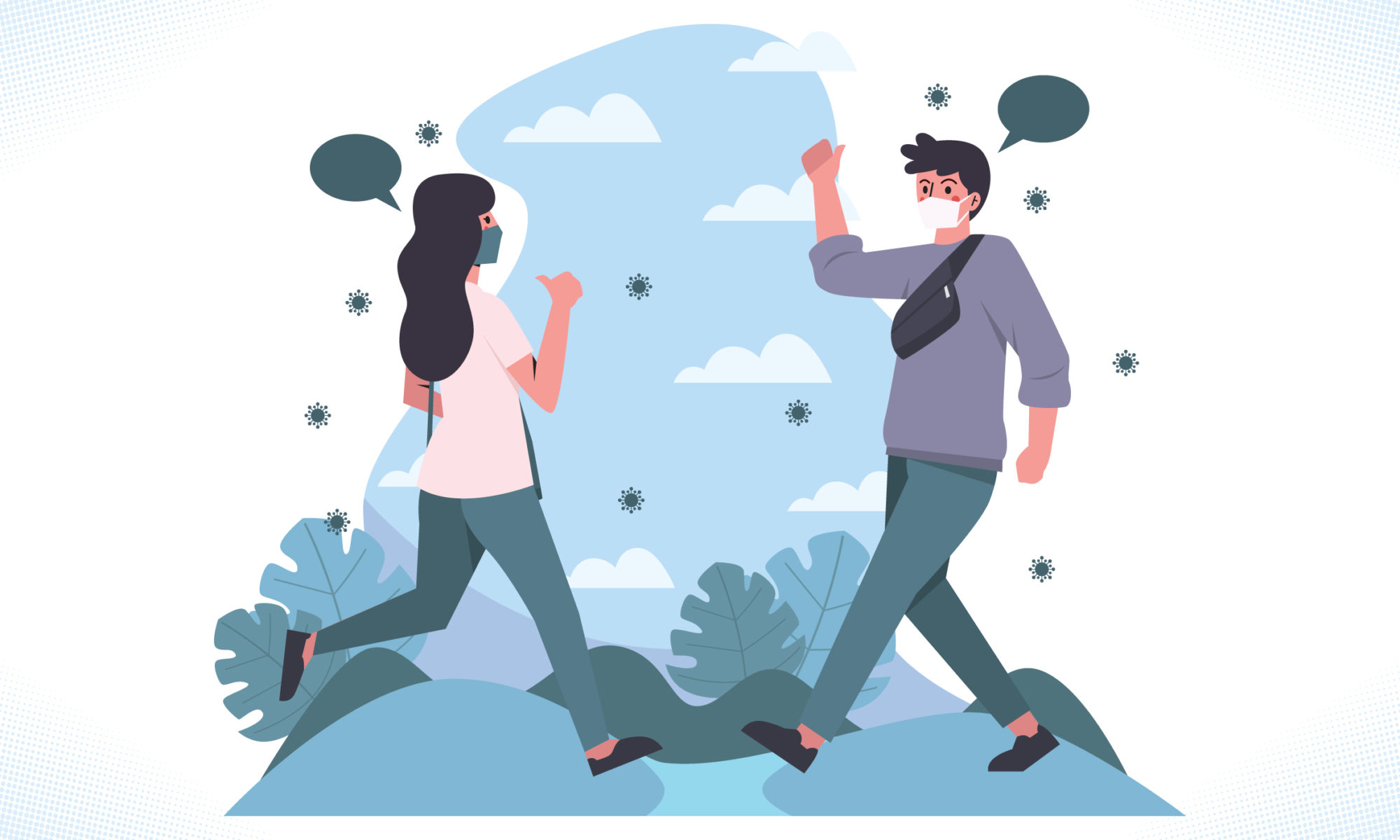On June 25, 1990, I met my twin sister Alison Rae Schlesinger for the first time in 24 years. We were 27 years old, and we hadn’t seen each other since we were three. For most of our lives, we’d lived 60 miles apart from each other, she in New York City and I on Long Island. She was a secret no one in my family ever mentioned; hence, neither did I. All my life, I’d wondered where and how she was and if we’d ever meet again. In 1990, with two phone calls to two schools she attended, I tracked her down and ended a nearly quarter-century separation.
In many ways, Alison and I were total opposites. I’m healthy; she was severely disabled. Growing up, I was very shy, but Alison, who had cerebral palsy and was mentally challenged, was outgoing. Connecting with people at her day program at United Cerebral Palsy and at her Intermediate Care Facility at Tanya Towers came as easily to her as walking came to me. Though she spent her life in her wheelchair, she never let her circumstances dictate her ability to tell others how she felt. If she loved you, she said so and blew you five kisses. If you got on her nerves, she’d say, “Leave me alone!” and be done with you for five minutes until her anger blew over and she blew you five kisses. Yes, there were times she was as sassy as she was sweet, but even her sassiness was tinged with sweetness. And on June 25, 1990, when we set eyes on each other for the first time in 8,760 days, she told me, “Honi, I thought you were hiding from me.” What I couldn’t verbally express, I’m sure my eyes revealed.
In 1990, I was living in Manhattan, just a few subway stops from Alison. Though nothing on earth scared me more, I knew I couldn’t postpone reconnecting with her any longer.
The morning of our reunion, I met my sisters Stacey and Randee; they’re my biological cousins. Their mother is my biological aunt. She raised me as her daughter; she’s Mom. Her sister Zelda is Alison’s and my biological mother. She was a heroin addict. Though Zelda relinquished me, she raised Alison despite her addiction.
Those shaky steps I took from Penn Station on June 25th, 1990 to the door of UCP to meet Alison were the most important steps I’ve taken in my life. Each step brought me closer to Alison. Each step closed that quarter-century gap until I was standing beside her, holding her hand, stroking her hair, and fighting tears. Finally, after twenty-four years, we were together.
After our reunion, I cried for the 24 years that we had lost, all the pain our separation cost both of us. But I also shed tears of relief. I no longer felt ashamed of my twin sister or myself. I was no longer terrified of seeing her or admitting the truth about Zelda and the impact she had on our lives. Forging a relationship with Alison helped ease the separation I felt from others. Once we were reunited, I could speak of my twin sister; she was no longer a secret. I could write about our lives. Our reunion made us both whole. Year after year since June 25th, 1990, I learned (with lots of therapy), who I was, who she was, and how to forge a new bond, one that to this day remains unbroken despite Alison’s passing in 2018. Every Friday, I visit her grave. Often, I imagine she’s whispering in my ear as I revise the novel I’m writing—Zelda’s Daughters—about our story, our history. When I get discouraged, I remember telling her how hard writing this has been. I remember her response: “Honi, you can do it.”
Despite the difficulty, writing Zelda’s Daughters also has been as cathartic and empowering as reuniting with Alison. It forced me to confront the past, painful as it was. It enabled me to ask questions of my mom, and what questions she couldn’t answer I had to imagine, and I found comfort in this as well. I
discovered that no matter if I incorporated literal facts or blurred the facts in my novel, the truth no longer overpowered me. The pen might be mightier than the sword, and it’s also stronger than the truth that shames or scares if you’re willing wield it with patience and perseverance.
If there’s someone or something in your past you need to connect with or confront, whether in person, on the page, or both, take that step, however tentative it may initially be. Then take another step. And another. Step-by-step, you’ll get stronger. In time, setting the words down will be as necessary and natural as breathing. You’ll face your fears. You’ll grow. You’ll stare those demons down until they disappear in the shadows. Whatever comes from the effort, word after word you’ll see yourself evolve, both as a person and a writer. Often, you won’t know where those words will lead. As in life, it will often be scary. But step-by-step, word-by-word, your writing and your spirit will strengthen. The experience will be as important and empowering as reuniting with a long-lost twin sister.








